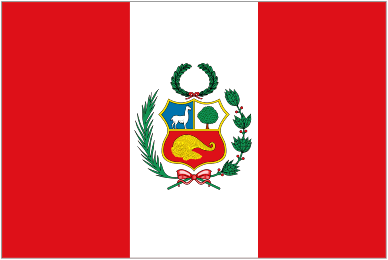|
|
|||||
Peruvian Logic Prize 1) The Prize is awarded every three years. 2) Contestants should submit an unpublished paper (between 10 to 30 pages) in any area of logic, written in English or Spanish. 3) The jury is composed of researchers representative of all areas of logic. 4) The prize, besides being an honour, will support the winner's participation (housing + registration fee) in the World Congress of Universal Logic and the publication of the paper in the Springer journal Logica Universalis. 5) There is no restriction of age, sex, race, nationality. Contestants need only to live in Peru and be affiliated with a University (or other educational institution) in Peru.
Peruvian Logic Prize 2025 "Juan de Espinosa Medrano" i) Participation in UNILOG'2025 in Cusco, Peru: housing + registration fees will be provided to the winner and the paper will be published in the Springer journal Logica Universalis. The awarded person will present his/her work at the 3rd World Logic Prizes Contest competing with the corresponding award winners from other countries. ii) Submit your paper by July 31st, 2025 , following the indications provided here. iii) Jury 2025 Organizer of the Prize: This prize is part of the project A PRIZE OF LOGIC IN EVERY COUNTRY. |
Juan de Espinosa Medrano (1630-1688), known as ‘el Lunarejo’, was one of the most important intellectuals in Colonial Spanish America. Born in Peru, he was an Indigenous philosopher and clergyman who earned a Doctorate in Theology at 18 and became a professor at the Seminary of Saint Anthony the Abbot (later the National University of San Antonio Abad of Cusco). His contributions span philosophy, logic, literary criticism, and theatre. In his work Philosophia Thomistica (Rome, 1688), often known as Logic, he defended Thomistic realism against the rise of nominalism and psychologism, engaging with Plato, Aristotle, Porphyry, Thomas Aquinas, and Duns Scotus. He opposed innovations that prioritised mental or linguistic constructs over objective reality, emphasising fidelity to objective truth. His work reflects the fusion of Indigenous and European thought and remains a cornerstone of Latin American intellectual history.
| ||||

